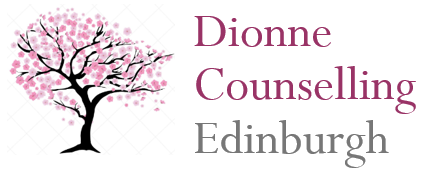A client once described to me their experience of therapy as being a bit like a jigsaw puzzle and it has stuck with me – taking a piece of the puzzle at a time and discovering how it fits into the bigger picture, gradually allowing a clearer image and different perspectives to be uncovered along the way.
I am a pluralistic therapist which means I have trained in multiple counselling techniques and believe there is no ‘one size fits all’ approach to therapy. I understand everyone is unique and I aim to tailor my counselling methods to meet your individual needs and preferences.
Together, we can explore your story and establish your hopes and goals. I will work with you to make sense of whatever is happening in your life, to hear and to hold everything you bring without judgement. I would encourage you to bring every part of yourself to our sessions – the confused, the difficult and the messy parts of you are all welcome.
Some of the counselling theories that underpin and inform my practice are: Person Centred Therapy, Psychodynamic Therapy, Narrative Therapy, Compassion Focussed Therapy, Acceptance and Commitment Therapy, Existential Therapy, Solution Focussed Therapy and Transactional Analysis.
I practice from a neurodiverse-affirming lens having gained knowledge, understanding and insights from personal/close family experiences along with relevant training and my professional work.
I am LGBTQIA+ friendly and advocate for equality. I provide some reduced-cost counselling for students and those on lower income.
There are no hard and fast rules as to what you may want to bring to counselling but some of the issues I often support clients with are summarised below:
Whatever you want to bring we can work together, so you are not dealing with it alone.
In the initial session, I will be curious to understand a bit more about you and what has brought you to counselling just now. It is important to me that you know you don’t have to go into lots of details or visit difficult experiences before you are ready.
You may have some practical questions for me about counselling such as how many sessions will we have, can we mix online and in-person sessions or what to do if I have to cancel?
You may also be wondering about the different ways we can work together. Some people want to explore and make sense of their past and childhood experiences whilst others prefer a more solution focussed approach to a specific issue. Sometimes a more unstructured approach is what is desired to see what arises organically. There is no ‘one size fits all’ – we will work together to figure out what will suit your needs best.
After this session you can take time to decide if we are a good fit and if you want to proceed with counselling together. Research shows time and time again that the therapeutic relationship is often the most important element of counselling and provides the foundation stone for our work together. It is really important you find a counsellor that feels right for you.
